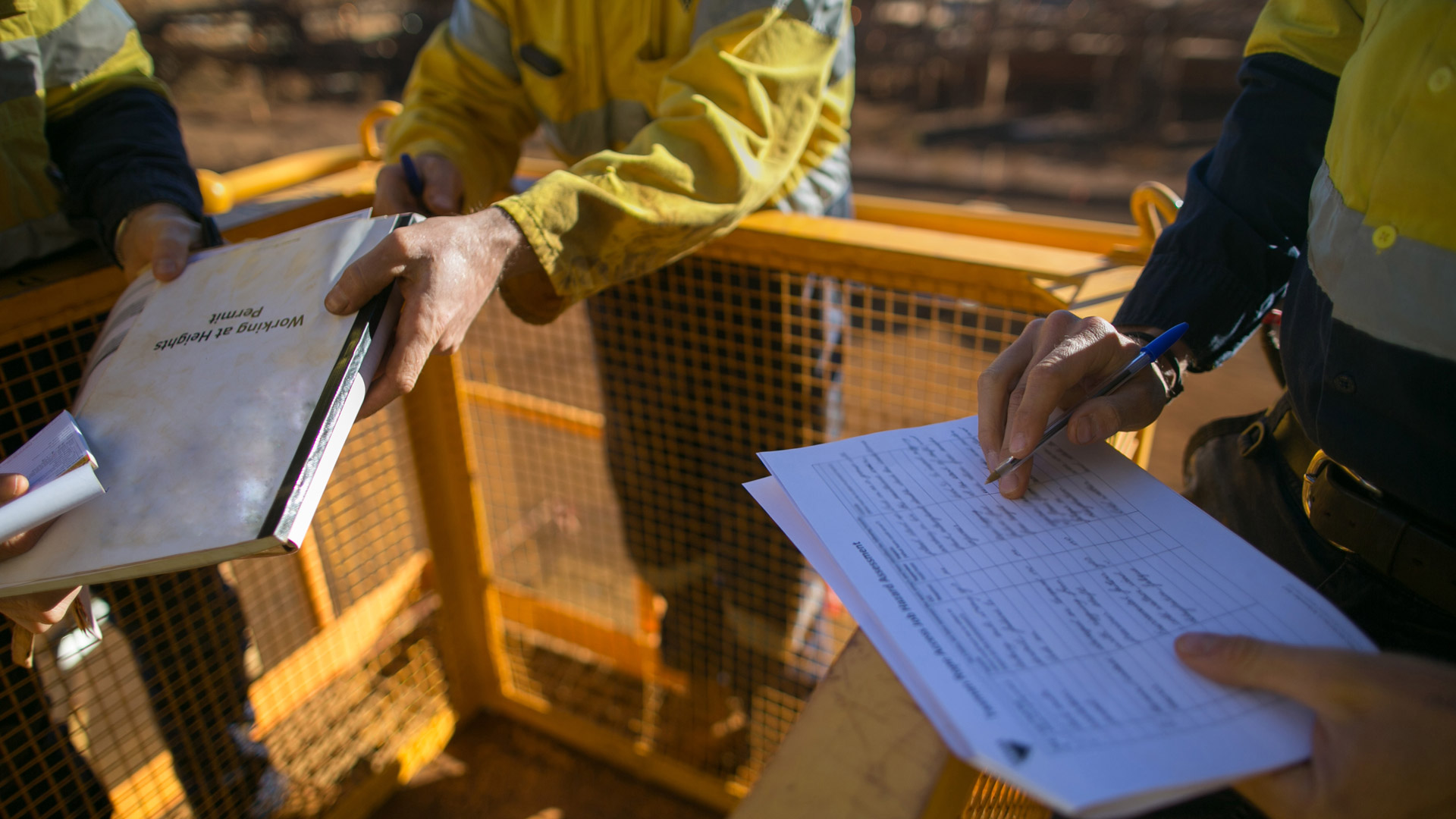A study into perceptions of personal safety at work has found that 6.8 million UK workers worry about their safety each week, while the majority of employers underestimate their levels of concern.
The research found:
- 21% of employees have personal safety concerns at least once a week.
- 60% of people feel unsafe commuting on public transport during unsociable hours.
- 22% of former front line and lone workers cite safety concerns as a reason for leaving a role.
- Two in three employees say employers should implement protection solutions.
- Two in three employees believe they don’t have access to options that would make them feel safer.
- Nearly one in four employees left a job due to a safety concern or experience in the last five years.
- 57% of employers underestimated the level of personal safety concern of employees.
The report, published by Peoplesafe, explores the issue of workplace safety and presents solutions for how employers and government can work together to address these challenges. It recommends that in order to better protect employees, regulators must give clearer guidance and government should work with all parties to set out a standard of protection that employees can easily understand and access.
Hybrid workers are the most likely to have concerns. Nearly three-quarters (72%) of hybrid workers have thought about their safety compared to 59% for onsite workers and 46% for employees that work entirely from home.
Whilst over half of employees surveyed (58%) have experienced a negative event at work or on their commute that made them concerned for their safety, 10% of businesses said their employees have never had safety concerns, despite being in lone or public-facing roles. This does not chime with the reality of employee concerns. Most employers (57%) underestimated the level of personal safety concerns that their people have, demonstrating the gap between businesses and their staff and why so little is done to address them.
Naz Dossa, Chief Executive of Peoplesafe, said:
“Britain’s workforce is our most valuable asset, and it has faced up to considerable challenges throughout the pandemic while continuing to deliver fantastic services. Despite this, we are facing a cross-industry problem that few have come to terms with. It’s clear that safety concerns are real for millions of employees in all types of roles, and that employers underestimate their concerns, and feel it is hard to know what they can do to protect their employees. We need to shift the dial on the importance of employee personal safety. By supporting businesses to act in the best way possible, and by giving employees greater peace of mind through recognised standards, we can make a genuine difference. We’re calling on employers and government to work together to achieve a step change in how workers are being protected.”
There is a clear lack of understanding from many employers on the action they should be taking to protect their employees.
Across all employers, 38% of businesses felt it was hard to know what they can do to protect the safety of their staff. This rose to 59% for businesses with 250-499 employees. For all businesses, and particularly medium-sized ones, this self-reported knowledge gap must be addressed.
The report shows that employers are either unaware of the level of concern their employees have or simply don’t know what to do about it if they are aware of personal safety concerns.
Solutions could include:
- A buddy system to notify someone if you’re at risk.
- Employee safety monitoring systems.
- Regular ‘checking in’.
- Protocols for workers out and about.
- GPS monitoring.
The report continues:
“Employers have a duty of care to their employees. Whilst this may be understood by employers in principle, our research has revealed that many find it hard to know what they should do. The current approach, where employers are left to decide what ‘practicable action’ they should take by themselves, is failing. This freedom leads to considerable variations between employers with no recognised base level of protection for employees to expect and demand. Setting out clearer action-based guidance would support businesses to know the action they should take. It would also give employees greater understanding of what to expect from their employers.
“To protect employees from situations that make them concerned about their safety, greater protection must be given to employees at times adjacent to their working hours. This would help to address concerns of workers’ travelling to and from work, particularly during unsociable hours. Throughout our research, it became clear that many employees felt concerned and vulnerable before and after work, often as part of their commute. Employees that travel to and from work should be supported at these times to give them peace of mind and help if something happens.
“Extending the duty of care of employers is the clearest way of doing this as the employee travels for the purpose of their work. 51% of employees agree that employers have a duty of care towards them outside of working hours. This will be an important step to support employees, particularly woman and those commuting at unsociable times, to feel more safe and secure.”
To help ensure workers are not put at risk – especially those working alone – employers could consider:
- Assessing areas of risk, including violence, use of equipment and manual handling.
- The medical suitability of the individual to work alone, and whether the workplace itself presents a risk to them.
- Requirements for training, levels of experience and capability in use of equipment.
- How best to monitor and supervise employees – establishing the level of supervision required (based on risk assessment).
- Communication – making sure lone workers know what is happening, including having systems in place to keep in contact.
- Emergency plans – lone workers should be able to respond correctly to an emergency. A risk assessment should identify foreseeable events, and ensure that appropriate emergency procedures be put into place.
- Provision and use of suitable protective clothing, including protection against adverse weather conditions and emergency survival equipment.
- Provision of adequate rest.
- If the risk cannot be adequately controlled then lone working may not be appropriate.
You may also be interested in
RELATED CONTENT
RELATED COURSES

The Permits to work course explores the elements of permit-to-work systems and the high-risk activities that may require them.

The Risk Assessment and Method Statement (RAMS) course examines the HSE’s recognised five-step approach to risk assessment.

The Working at height course helps learners understand the dangers associated with working at height and ways to control the risks

The world’s best-known health and safety certificate, designed for managers and supervisors in any sector or organisation.

An employer has been sentenced for failing to reduce the exposure and spread of asbestos when demolishing a large pig shed.

The government is taking "strong action" against unscrupulous employers that use the controversial practice of ‘fire and rehire’, it has announced.

The legal term ‘reasonably practicable’ plays a crucial role in determining the level of care and precautions required in different areas of law, such...

The CIPD has published a new report, An update on flexible and hybrid working practices, which looks at the types of flexible working arrangements bei...